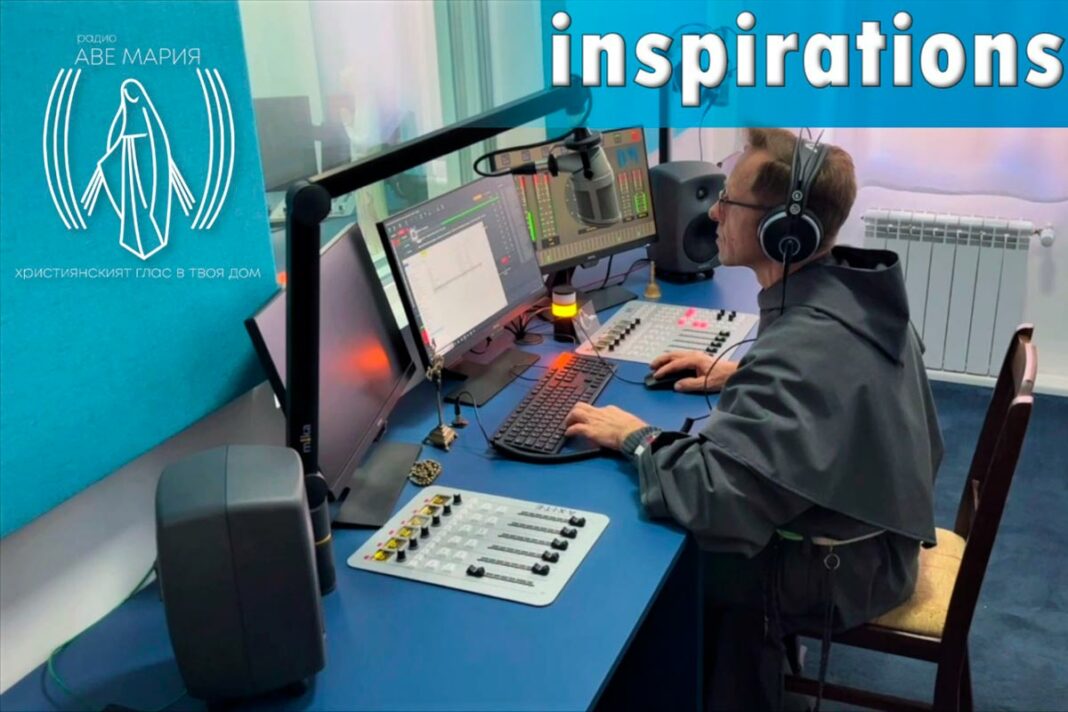The Mission of the Place
Franciscan Formation – Inspirations (Part 15)
In order to deepen their fraternal spirit, the friars are to cooperate in discerning the will of God by means of prayer; evaluation of the changes occurring in the Church, in the Order, and in society; and attention to the signs of the times[1].
We once invited the Superior of a friendly community of ours to lead a day of retreat in our friary. The reflection he gave remains impressed in my memory. He began by talking about various experiences, ideas and pastoral dilemmas. He related how, during his last House Chapter, a discussion arose among the friars based on the report from the Econom. Some of them noted that there was a great dissonance between the huge expenses the community was putting into renovating their historic friary and the small resources that were being set aside for pastoral ministry. The friars began to discuss new pastoral ideas. They realized that some of their activities were unsuccessful because people’s lifestyles had changed. They wondered how they might set up pastoral ministry in different languages to accommodate the many tourists in the city. They wondered how they might minister to young couples who habitually went on afternoon walks with their children. They wondered how they might minister to students who were more active in the late evening. They wondered where they might provide parking for cyclists, and so on. After some time, I saw bicycle racks set up at the entrance of the church. I saw an invitation to attend Mass in English. There was now a shorter Sunday Mass for married couples and their children and a 9:00 p.m. Mass for students. Supporters of the friary were invited in for coffee. A friar was always on duty with whom one could speak, etc.
I thought that perhaps this religious community had changed its approach to life and ministry. It was no longer focused on cultivating what had become sacred tradition over time, the “we have always done it like this” mindset. Instead, it looked at what had changed in the world. It examined the old ways of doing things to see what was still helpful and what had become a hindrance. It assessed the current needs of the local people and how best to serve them.
I received this response, which I hope is a good summary of these considerations:
“The mission of the religious of the place is to serve God and people, especially through prayer, but also through evangelization, teaching, serving the poorest and neediest, and also caring for the development of one’s own spirituality and the formation of young people. The religious community also has the task of cultivating Christian values and contributing to the development of culture and society through its presence and activities.
For a religious community, discerning the mission of the place requires prayer, dialogue and reflection. Here are some steps that can help in discernment:
- Ask yourself what is most important in your life and vocation? What does God expect of you as a member of a religious community?
- Study the history, tradition and character of the place to better understand its needs and challenges.
- Analyze the needs of the people around you. What do they require? How can your community help them?
- Talk to other community members regarding their vision and ideas about the mission of the place.
- Invite clergy and experts in various fields to reflect together on the goals and methods needed for fulfilling the mission of the place.
- Decide together what concrete actions your community will take to meet the needs of the people around you.
- Regularly monitor the progress and results of your activities in order to adjust your strategy in real time if necessary.
Remember that discerning the mission of the place is a process that requires time, prayer and ongoing dialogue with the community and the people around you.”[2]
I am convinced that St. Francis and his holy followers had similar wisdom. They inspire us today, not so much to use artificial intelligence to discern the mission of the place, as to invite the Spirit of the Lord and Its holy activity[3].
Friar Piotr STANISŁAWCZYK
General Delegate for Formation
[1] Friars Minor Conventual, Constitutions, Rome 2019, art. 57, §3.
[2] ChatGPT Al Assistants (GPT-4) May 16, 2023.
[3] Cf. Later Rule 10:8 FF 104.














